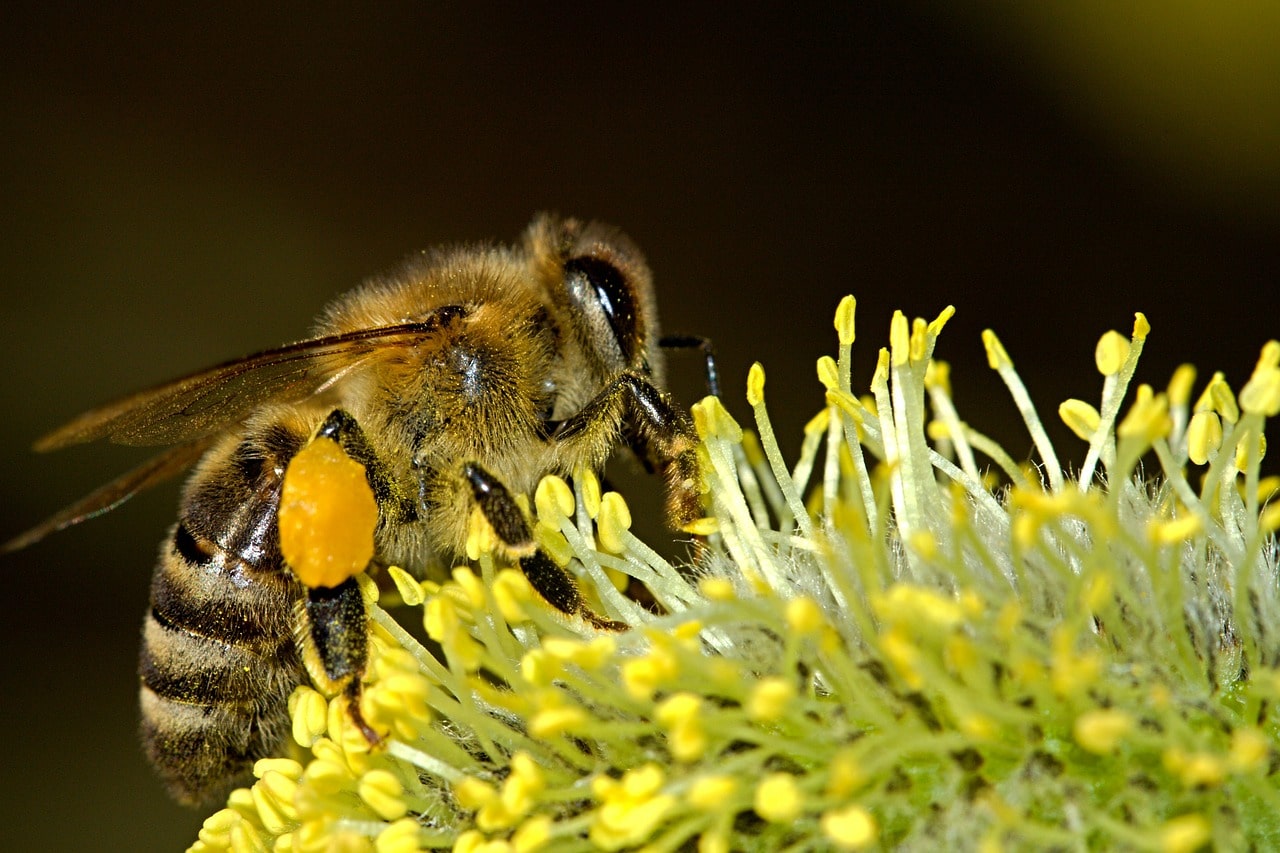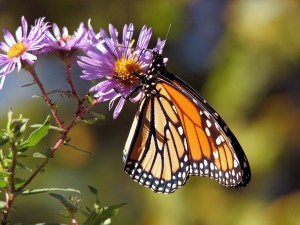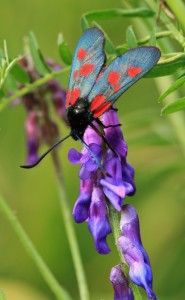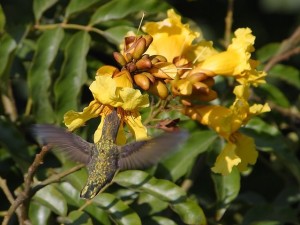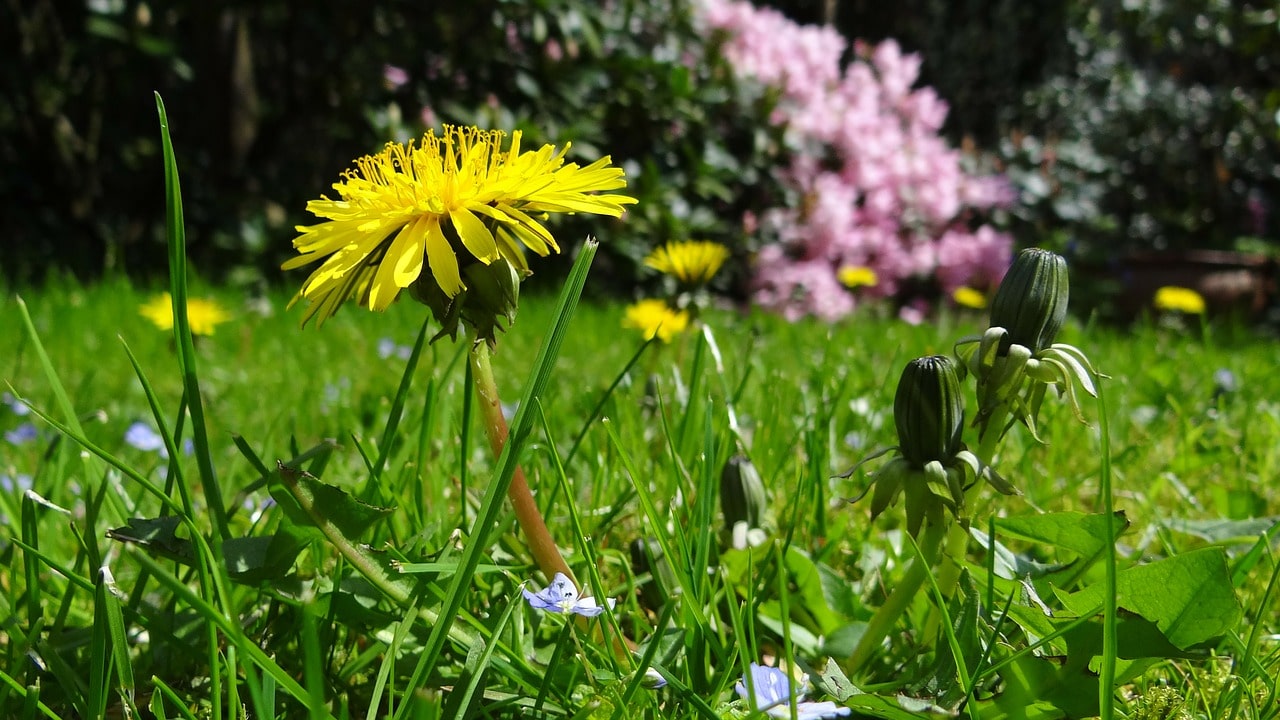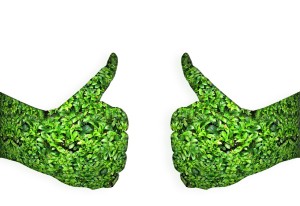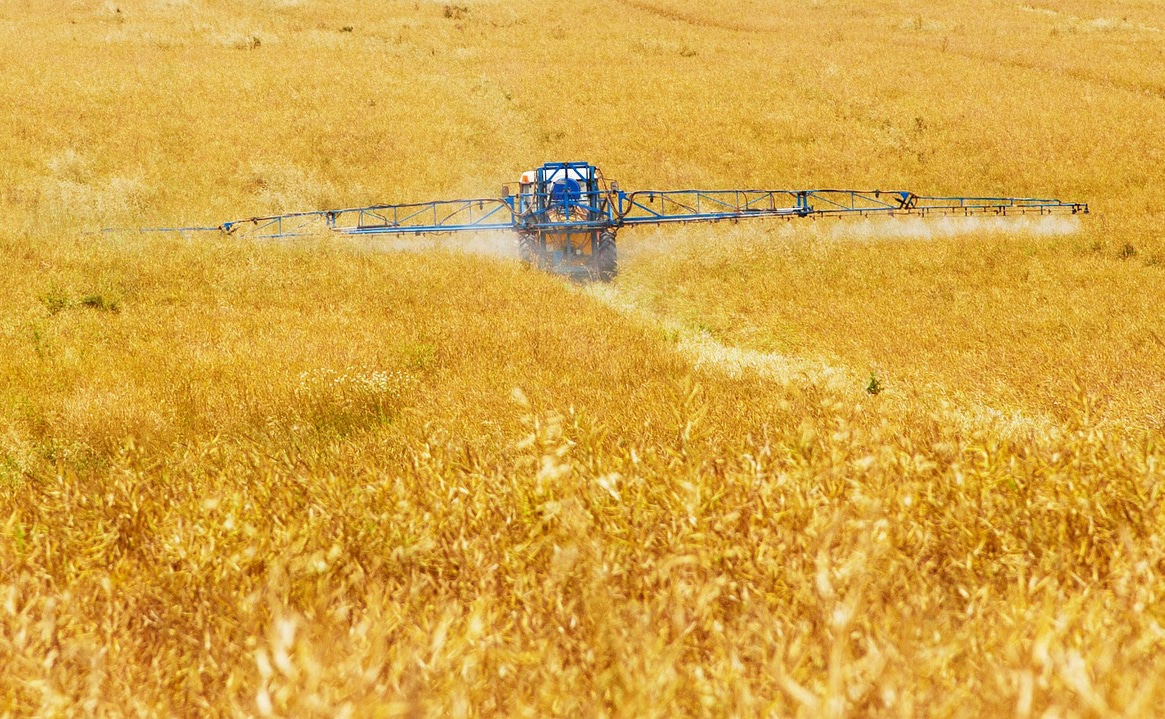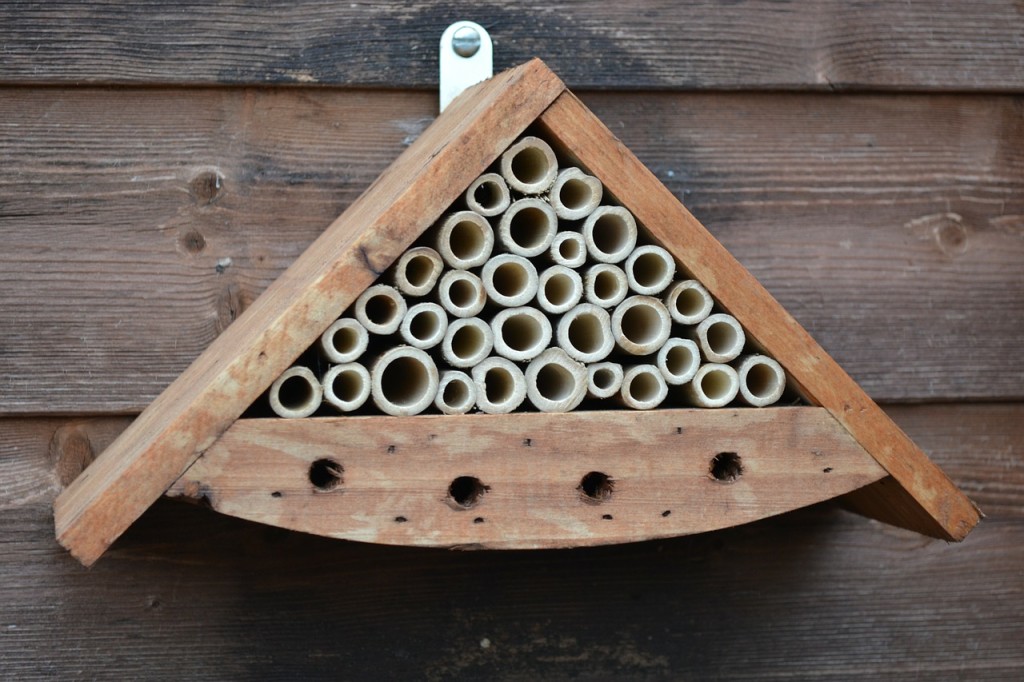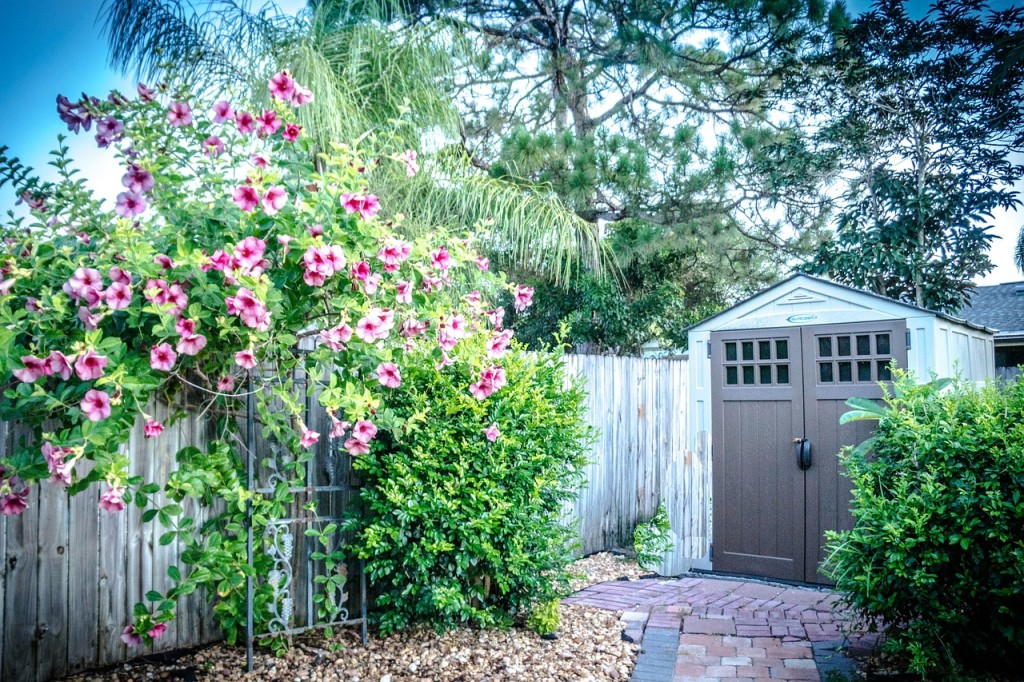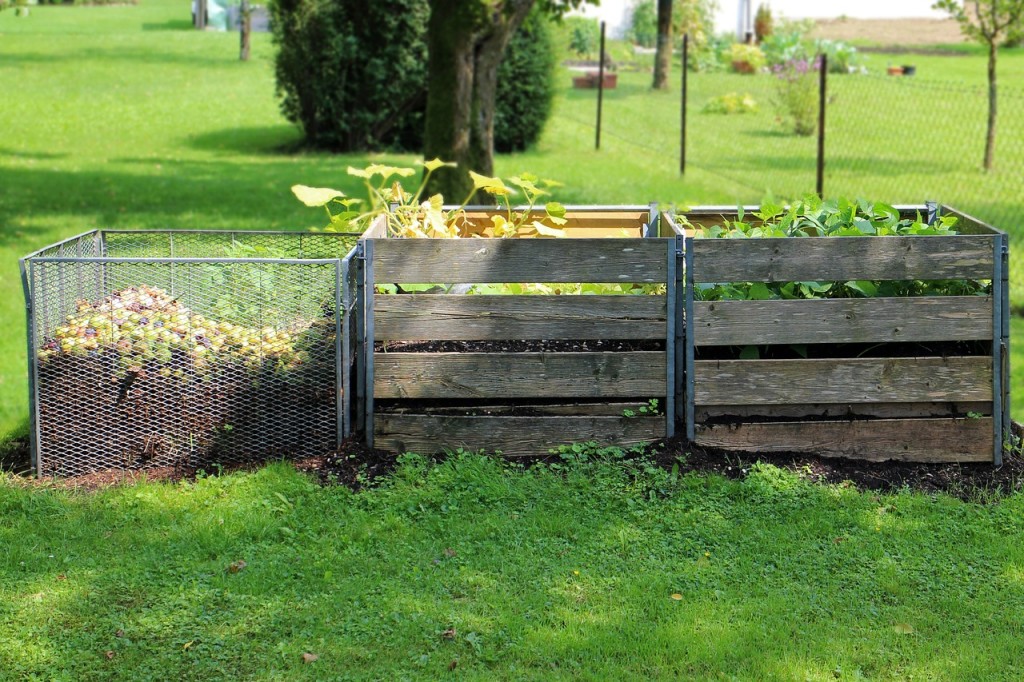Protecting Pollinators
You’ve more than likely heard about the issues with the honeybee population in North America. Honeybees aren’t actually a native species, they are what’s called a domesticated bee and were imported from other parts of the world and are now ‘managed’ by beekeepers. Native bees are actually better pollinators and there are more of them. However, native bees are also at risk.
Bees are the most important insect pollinator, and the species most associated with the term ‘pollinator’, but there are many other wild pollinators who are currently suffering from habitat loss, pesticide exposure, climate change and disease. Flies, butterflies, moths, wasps, beetles, hummingbirds, some birds, and some bats are all necessary pollinators. The overall number of our different pollinators has been greatly decreased, both in abundance and diversity, creating a potential future issue with food production.
This is a huge, expansive problem, but we can all do our part by making small changes and important decisions. The first thing we did was decided not to use pesticides or fertilizers on our lawn and to gradually replace portions of our lawn with beneficial gardens and wildlife areas. And since dandelions are more beneficial to pollinators than grass, we will let them grow (We have been fighting a losing battle at pulling them out over the last decade anyway. If you can’t beat them, join them, right?). The other major decision we made was to only plant native species from this year on. We will also slowly replace non-native species and focus on creating a pollinator garden and wildlife friendly yard.
Whether you have a small balcony, a small urban yard, or a large rural property, small choices make big impacts. Follow us as we embark on our journey to a native bird and pollinator friendly yard and habits. Watch our newly planted pollinator garden grow and hopefully be host to future bees, caterpillars, butterflies and moths. We’ll share our attempts, our failures and our successes.
Follow our efforts to create a pollinator and wildlife friendly yard.
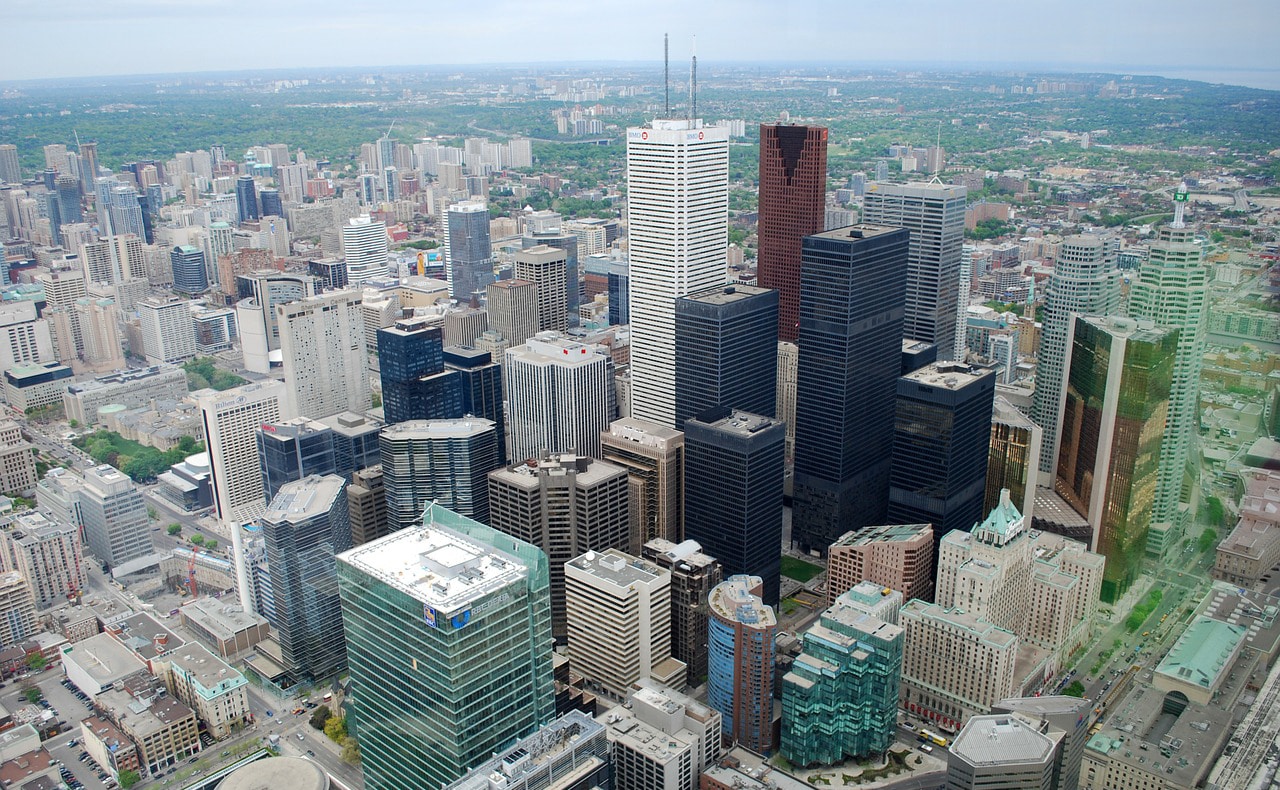
Habitat Loss
Industrialized agriculture, urban and suburban sprawl destroy native habitats that provide food, nectar and shelter for pollinators.
Invite Pollinators To Your Yard
Plant a pollinator friendly garden using native flowers that will supply food, nectar and shelter for pollinators from spring to fall.
Have a shallow water dish with perching stones for pollinators in your yard and near your native plants. Keep it fresh and clean to avoid mosquitos.
Provide shelter in the form of native plants, nesting boxes and nesting material in your yard.
Reduce the amount of lawn on your property
Contemporary lawns provide little or no benefits to pollinators, wildlife or the environment. Adding additional gardens, native groundcovers or areas of mulch will save you money and help your local ecosystem.
Stop using pesticides in your yard
Make your plants healthier by fertilizing your soil with compost, and use mulch to decrease water use and to protect plant roots. Consider the numerous natural alternatives that will help you get rid of weeds, control certain species of insects and for natural or organic fertilizing.
Lorem ipsum dolor sit amet, consectetur adipiscing elit. Nulla convallis egestas rhoncus. Donec facilisis fermentum sem, ac viverra ante luctus vel. Donec vel mauris quam. Lorem ipsum dolor sit amet, consectetur adipiscing elit.
Donate Now

